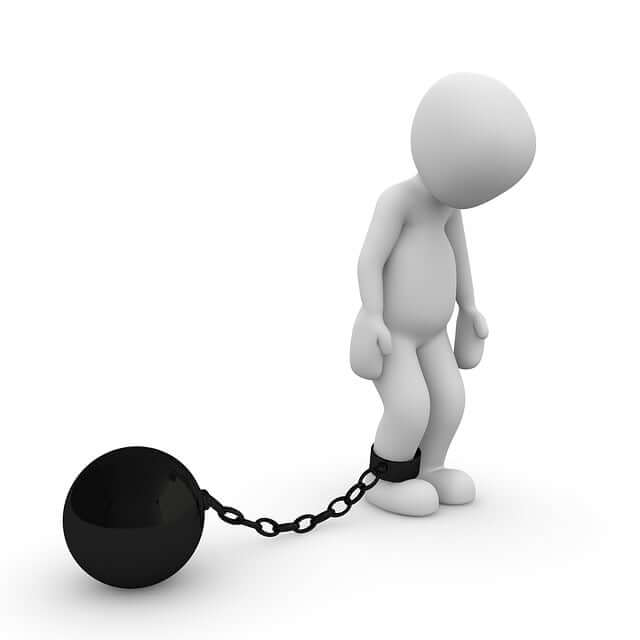- We as Christian often are wonderful in the “relief” stage of giving. We hand out money to those in need eagerly and joyfully. Our challenge is that we tend to stay in the “relief” stage and not move to the development stage. The relief stage should be very short and mainly for disasters while development is much longer. In the development stage we help people get back on their feet and see them to the point where they have ownership of being independent. If we stay in the relief stage too long and don’t do the hard work of development, we’ve stripped the poor of their dignity, opened the door for a poverty mentality and created a system of “relief” with no end in sight. Some of our most well-intentioned giving is often the most destructive.
- Assett Based Community Development. This is about surveying the community and discovering the corporate strengths that empower them to escape their poverty.
- In Scripture the fields were not to be thoroughly picked so that the poor could gather the gleanings. How this translates today is that the poor need opportunities to work and the ability to do so.
- We often impose our ideas on what the poor need when in actuality they have all the resources they need, they just need a little help to get a hand-up.
- The best way we can help the poor is to live among them to truly understand the issues.
- Putting all the poor together (low-income housing developments) is about the worst thing you can do. Poverty mentality is infectious and we need to diversity of income neighbors to challenge us.
- Westerners tend to define “poor” and “poverty” in regards to money. In a massive survey that was conducted by (I think it was the World Bank), the monetarily poor described their poverty in terms of shame and loss of dignity to be able to work to provide for their families.
- Many of the poor have an inability to save so when disaster strikes it is devastating. Nor can they save up to advance themselves. The reason they struggle to save is that in many 3rd world nations a borrow has to pay to put money in a savings account, people steal savings that are hid in their house, and there’s a strong social obligation that if there’s a need among the relatives, those who have any extra money must and are expected to surrender it to meet those needs.
- There is a way of helping people save by mutual investment in each other called Savings and Credit Associations. They are not easy to explain right here, but they’ve been very helpful and exist all over the world. See ministries called Hope International and the Childers Institue.
- The poor have something we don’t that we need.
So these are some of the things that I’ve received from reading multiples books from those who minister to the poor. It’s made me re-evaluate many things. Are the food for the homeless drives more helpful or hurtful? Do our clothes closets and Food Pantries at our churches empower people to get back on their feet or are they just enabling folks to get stuck in the relief stage?
I have a fear that the very act of rethinking of these things may cause me to think twice before I am generous. I don’t want to be that way. Nor do I want to empower people to be victims. I’ve worked in that system for the last year and it destroys people. I’ll be honest when I say I don’t know where I want to go from here. I want to freely give as God has given me, and I want to help people to lift themselves out of their situation. I just don’t know the next step.
We tend to judge the poor as lazy. But look at it this way. We have a teenager girl who gets pregnant and the family kicks her out of the house. She has the baby and can only find a McDonald’s job that doesn’t pay the cost of raising her kid. If she goes on unemployment and welfare, she can make it. If she works to get a higher paying job, her welfare and unemployment are cut and she can’t make it anymore. Without an education she can’t get much past minimum wage. She isn’t making it. So she has her boyfriends move in with her. They treat her terrible and she doesn’t like it, but how can she live without them when they contribute to some of the cost and help of raising a kid? She moves to low-income housing where everyone else is in the same boat. Her kid starts growing up thinking this is normal. Along with the crime that is rampant among the low-income housing sector. It’s a nasty cycle. Who helps her up? She can’t afford childcare to give her time to study to give her a chance at a good-paying job. In the meantime being around people like her create an environment of low self-worth. She’s doesn’t believe she can be any better than where she is, or is even worth much for who she is. It’s a nasty process. But intervene we must.





